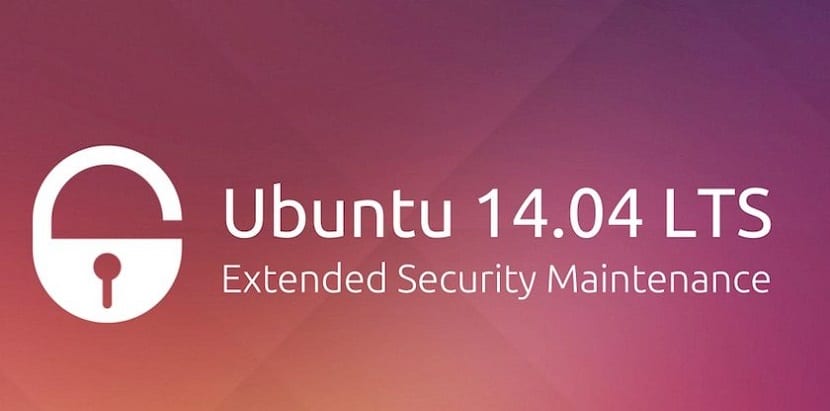
Canonical confirmed support for Ubuntu 14.04 Extended Maintenance (ESM) will be available from next year.
How should we know Ubuntu 14.04 LTS 'Trusty Tahr' will reach end of life (EOL) in April 2019, but Canonical knows that not everyone who runs or trusts the release is in a position to update immediately.
The fact that This is where Ubuntu 14.04 ESM (Extended Security Maintenance) comes in.
Canonical has assured us that 14.04 LTS users need not fear impending completion of the operating system's lifespan next year and confirmed that it will keep the security fixes a little longer.
Long-term support gets a bit longer
Ubuntu's "Long Term Support" (LTS) versions of its Debian-based operating system have seen five years of support and updates from the development group since the arrival of 12.04 LTS (the previous LTS release did not take that long to arrive).
Canonical extended support in recognition that some users they just don't want, or can't, migrate to newer versions.
As 12.04 LTS approached the end of its long life, in April 2017, Ubuntu released a lifeline to users they couldn't move into the shiny new world of 16.04 LTS in the form of at least two more years of critical CVE fixes.
Extended Security Maintenance (ESM) it came at a price, of course.
Now, after almost five years since its release, Ubuntu 14.04 LTS (Trusty Tahr) is also nearing the end of its useful life which will happen next spring on April 30, 2019.
Therefore, Canonical announced today that it plans to extend the ESM program to Ubuntu 14.04 LTS operating system users who are willing to pay for security updates. after the five-year support period.
ESM provides mission critical organizations and service providers with a protected buffer in which they can plan their migration to a newer version of Ubuntu, which offers full support, without being vulnerable to discovered security issues.

“Organizations use ESM [Ubuntu] to address security compliance concerns while managing the upgrade process to newer versions of Ubuntu with full support. The ability to schedule application updates in a fail-safe environment continues to be cited as the top value for ESM adoption, ”Canonical says of its offering.
"Extended Security Maintenance (ESM) was introduced for Ubuntu 12.04 LTS as a way to extend the availability of critical and important security patches beyond the nominal Ubuntu 12.04 end-of-life date," Canonical said.
"With Ubuntu 14.04 LTS End of Life in April 2019, and to support developer planning efforts around the world, Canonical announces the availability of ESM for Ubuntu 14.04."
In more than a year since it was first announced, the ESM (Extended Security Maintenance) program of Canonical has provided more than 120 critical security updates to users who purchased the retail package. for your Ubuntu 12.04 installations.
Organizations interested in keeping their Ubuntu 14.04 infrastructures up-to-date can check out the Canonical Ubuntu Advantage commercial support package or contact Canonical's sales team to begin planning for the upcoming end-of-life scheduled for April 30, 2019.
If you don't want to buy the ESM package, you can upgrade your Ubuntu 14.04 LTS infrastructure to Ubuntu 16.04 LTS (Xenial Xerus) or Ubuntu 18.04 LTS (Bionic Beaver), which will be supported until April 2021 and April 2023, respectively.
Like before, ESM is precisely targeting companies that purchased Canonical's commercial support package, Ubuntu Advantage (UA).
Currently, UA costs $ 150 per desktop per year, while One server, that you are the most likely candidate for something that administrators do not want to update, it will cost $ 750 a year.
I started in Ubuntu with 12.10 and went to 14.04 and there I stayed hehe, I have not had problems ✌